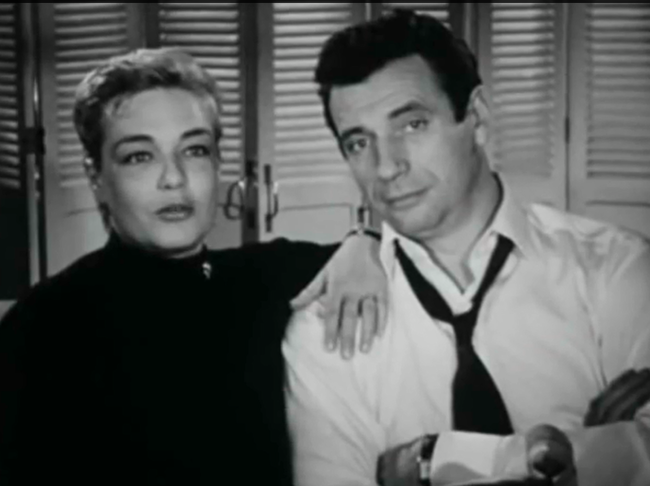“Khrushchev said that he had read somewhere that I had been offered a Franco-Russian coproduction deal to play Madame Bovary. I answered that a few months earlier I had been made an offer of this kind, which I had politely turned down. In my opinion, the only valid reason for coproductions is to tell stories dealing with characters of different nationalities. In this case, I couldn’t be an Emma Bovary married to a Russian Dr. Bovary. Everything had to be French– even the cows, I added archly, which produced howls of laughter in my audience, with the exception of my husband, who smiled politely. He was well acquainted with my number on coproductions. Mr. Culture raised his head, took a deep breath, and sighed, ‘Ah, Bovary.… Balzac!’
I looked at Nadia. She was crimson. But her eyes were begging, ‘Please say nothing, please, please say nothing.’ I think she was more frightened at that moment then she had been while she was translating the far more dangerous exchanges a few minutes before. Nadia, who knew pages and pages of Stendahl by heart, as well as Victor Hugo and, what’s more to the point, Balzac, and especially Flaubert; Nadia was a knowledgeable nuisance. The only person who seemed to react, strangely enough, was Molotov. He gazed for a long moment at his minister of culture, and then, for the first time, he really looked at me…
It was late. Only the sweets were left on the table. I have no memory of what was served between the borscht and the sugared cherries and cinnamon marzipan at the end. Khrushchev rose to propose a toast. It was a toast to the divergencies between our points of view–which would certainly dwindle and vanish– and also to the pleasures it had given him to confront those divergencies of points of view elsewhere than in conference halls or through official emissaries. We were cheloveks, and he thanked us. He was as warm as Jean Renoir, as malicious as Popov the clown.”
Nostalgia Isn’t What It Used to Be, Simone Signoret, Penguin Books, 1978
